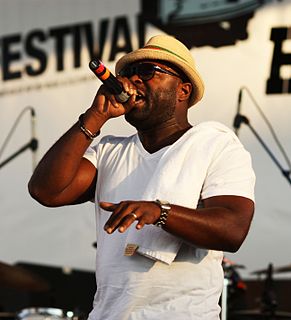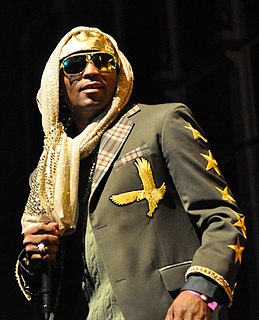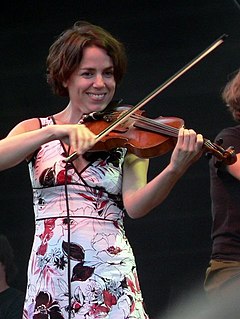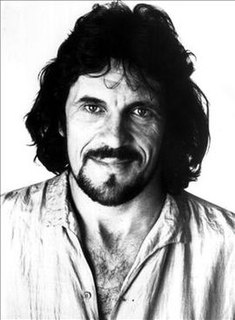A Quote by Martin Luther
Next to theology I give to music the highest place and honor. And we see how David and all the saints have wrought their godly thoughts into verse, rhyme, and song.
Related Quotes
I didn't know how write a song, (verse, chorus, verse, chorus, bridge, chorus, bridge, verse), etc., and I didn't know how to write lyrics, so that's when I thought, well, I don't have to write a song with all those verses and choruses or lyrics. I can just sing everything the way I want to. So I sang all the instruments with my voice and just went with it.
It's of course important to mention that when DJing, I'm building my own story through the music. I'm figuring out what song to play next, what song to play after that, and how the two will blend together. How the emotion is going to develop from one song to another. So I first build that storyline.
"Biblical theology" refers to something more precise than theology that is faithful to the Bible. It might be helpful to draw a contrast: at the risk of oversimplification, systematic theology tends to organize theology topically and with an eye cast on its contemporary relevance, while biblical theology tends to organize the same biblical material so that it is easier to see the distinctive contribution of each biblical book and human author, and to trace the trajectories of themes across the Bible so we see how the books of the Bible hold together.
Basically, I'm going to take what you did, the bare-bones structure of what you were trying to do, how you were attacking the song, and attack it in pretty much the same way, just with more intensity to show you that you could've come harder. Like, I've been in situations where I've had to tell a cat how to rhyme his rhyme.






































